Biography
(No Information)
Filmography
all 11
Movies 10
Writer 4
Screenplay 2
self 1
TV Shows 1
self (found footage)
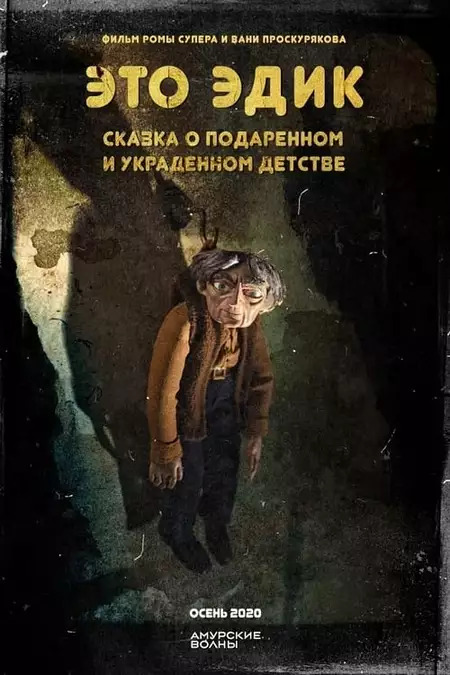
This Is Edik (2020)
Movie
Author
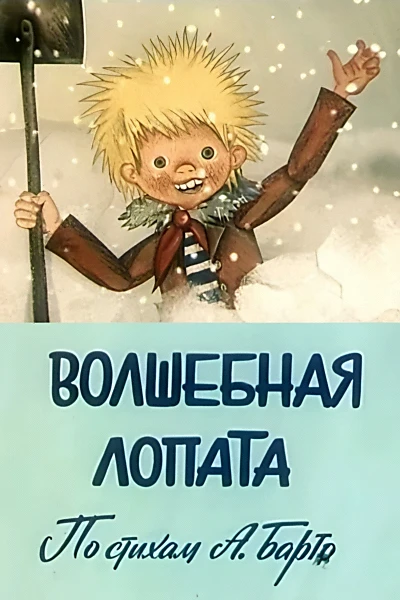
Magic Shovel (1984)
Movie
Original Story
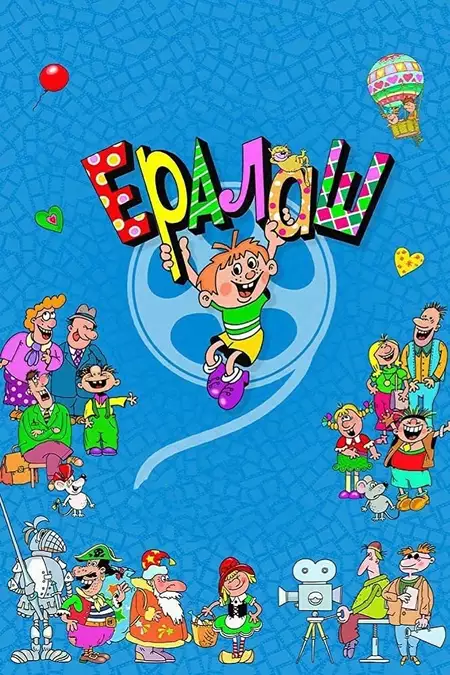
Yeralash (1974)
TV
Screenplay
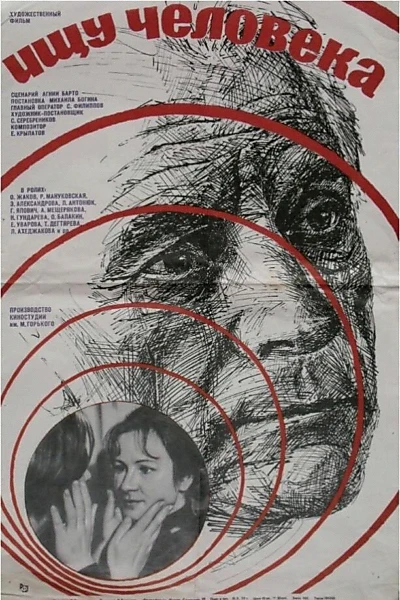
Looking for a Man (1973)
Movie
Writer

10,000 boys (1962)
Movie
Screenplay / Novel
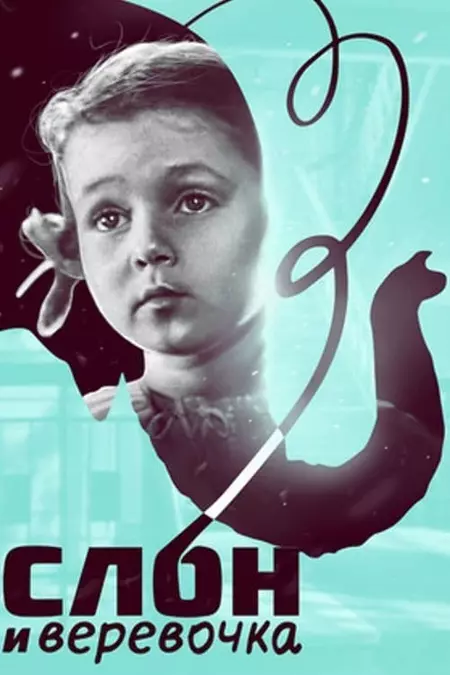
An Elephant and a Rope (1945)
Movie
Information
Known ForWriting
GenderFemale
Birthday1901-02-17
Deathday1981-04-01 (80 years old)
Birth NameАгнесса Львовна Волова
Birth PlaceKaunas, Lithuania
RelationshipsPavel Nikolaevič Barto (1926 - 1933)
RelativesTamara Dembo
CitizenshipsRussian Empire, Soviet Union
ResidencesSadovaya-Triumfalnaya Street · Vorontsovo Pole · Dolgorukovskaya Street · Lavrushinsky Lane · Malaya Nikitskaya Street · Sadovaya-Karetnaya Street · Yekaterinburg, Russia
Also Known AsAgniya Barto, Агния Львовна Волова, Агния Львовна Барто, Агния Волова, А. Барто
AwardsOrder of the Red Banner of Labour, Hans Christian Andersen Award, Order of the Smile, Lenin Prize, Order of Lenin, Order of the October Revolution, Order of the Badge of Honour, Medal "For Valiant Labour in the Great Patriotic War 1941–1945", Medal "In Commemoration of the 800th Anniversary of Moscow", Medal of Krupskaya, Miner's Glory 1st class, Stalin Prize, 2nd degree
This article uses material from Wikipedia.
Last updated:
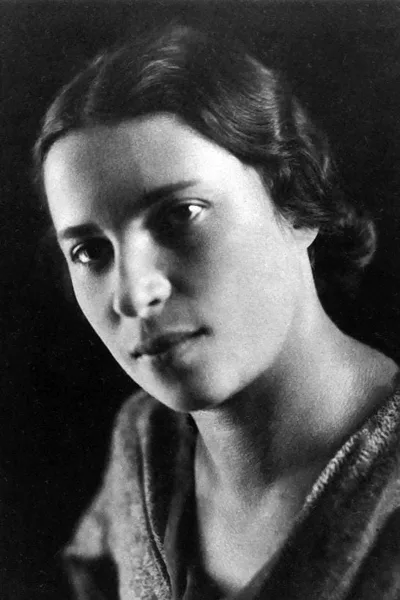 Agniya Barto
Agniya Barto- Filmography
- Information
- Related Persons
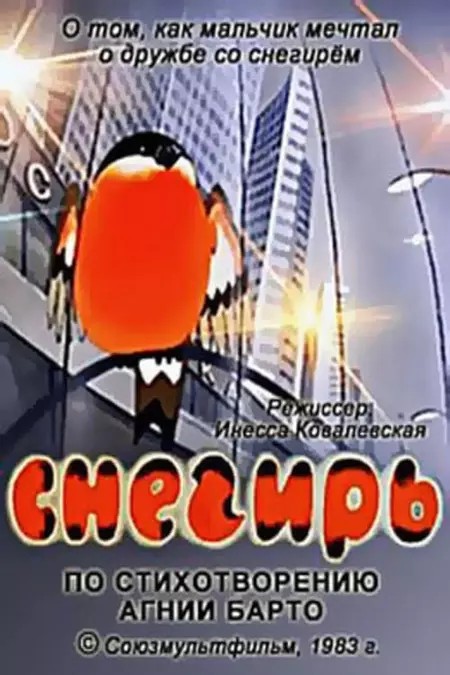
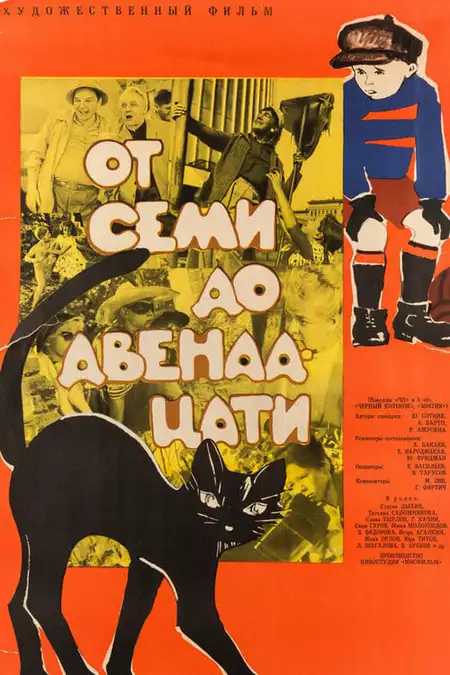
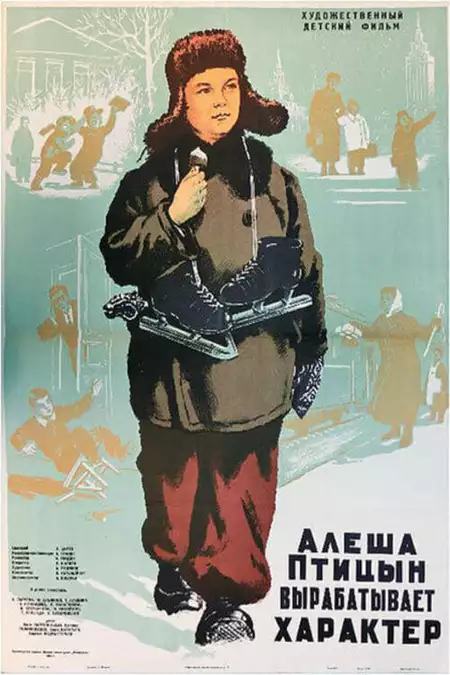
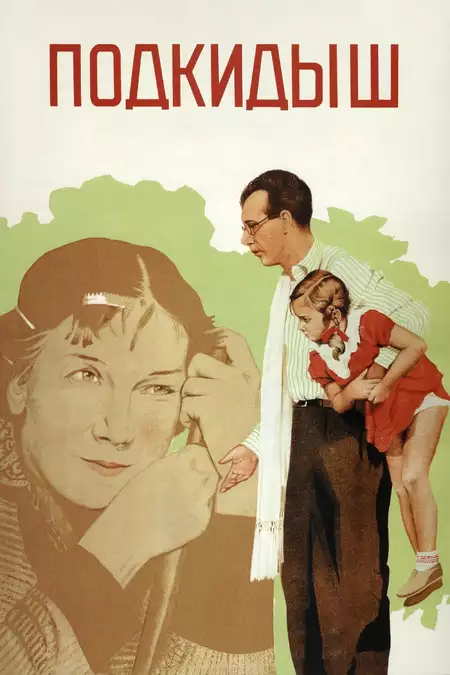
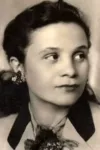
 ,
,